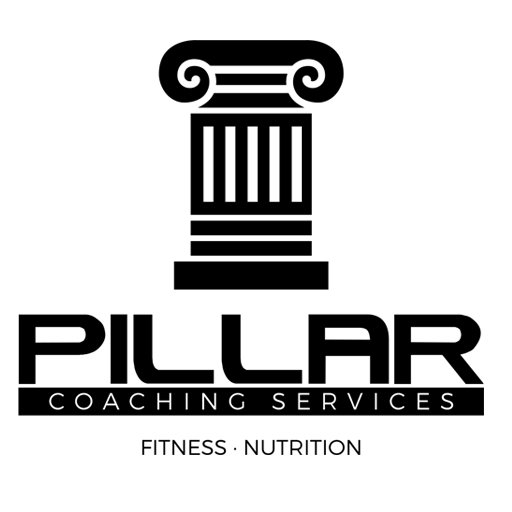Sharable Science: Daily Weighing
By: Michael Beiter
Should you weigh yourself every day?
It depends on how you think about it, suggests University of Oxford research.
In the study, participants weighed themselves each morning for eight weeks.
They were also asked to “think aloud” during and after stepping on the scale—and either audio-record themselves or write their thoughts in a journal.
The scientists then analyzed their responses.
The findings:
90% compared their weight to a previous weight or goal weight
58% reflected on decisions and actions that may have influenced their weight
14% made an action plan
6% made a SPECIFIC action plan
As you can see, participants almost always played the comparison game. And they rarely made a specific action plan.
But guess what?
When the researchers tracked which behaviors aided weight loss, specific action planning was the only one that helped.
What does that look like? After you weigh, you could ask:
How can I ensure I can eat slowly and mindfully today?
What vegetable could I include with each meal?
When exactly will I fit in my 15 minutes of intentional movement?
Instead of kinda-sorta-maybe making better choices throughout the day, you’ve created a specific action plan.
That’s how you drive success.
To be sure, there’s no one correct answer for everyone.
For some, frequent weigh-ins provide feedback that’s motivating and helpful.
But for others? It can cause anxiety, disappointment, and even shame.
So consider your own experience, and ask, “Is this helping—or hurting?” Because weighing yourself daily isn’t a requirement.
Tip: If you go to PubMed.gov, paste the ID into the search bar to find the study. Alternatively, you can get to the study by adding the PMID to the end of this URL: https://pubmed.ncbi.nlm.nih.gov/[add PMID here].
Or, click on the hyperlinked study in the works cited.
PMID: 31198059
Frie K, Hartmann-Boyce J, Pilbeam C, Jebb S, Aveyard P. Analysing self-regulatory behaviours in response to daily weighing: a think-aloud study with follow-up interviews. Psychol Health. 2020 Jan;35(1):16–35.
